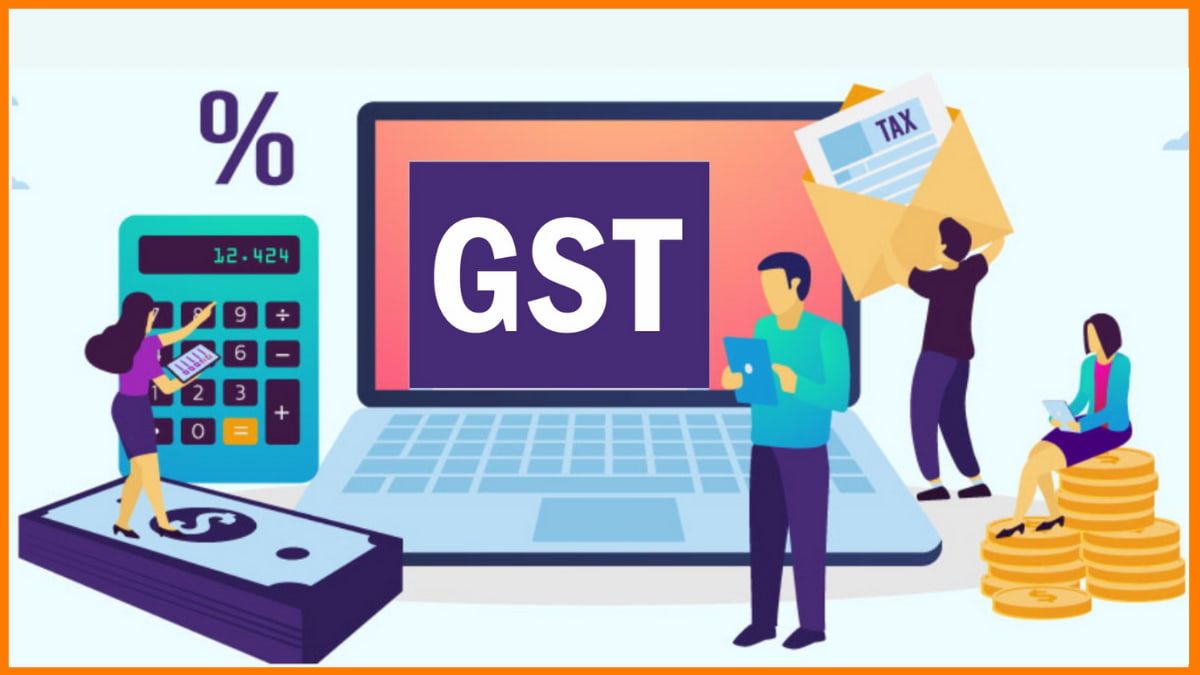Throughout: A Detailed Overview of GST Registration and Just How to Effectively Register Your Company
Browsing through the complex procedure of GST registration can be a crucial action for any company looking to establish conformity and legitimacy on the market. Why choose CFO Account & Services for GST registration in Singapore. From understanding the basic principles of GST to meeting the eligibility standards and gathering the necessary documents, the trip towards successful enrollment can often appear like a difficult job. Nonetheless, with the best support and understandings, organizations can improve this procedure and unlock the advantages that feature being a signed up entity.
Recognizing GST and Its Relevance
Comprehending the Product and Services Tax Obligation (GST) and its relevance is vital for businesses running in economic climates where this taxation system is implemented. By permitting companies to claim input tax credit histories on the tax paid on acquisitions, GST guarantees that tax obligations are determined just on the worth added at each phase of the supply chain.
Furthermore, GST advertises conformity and transparency in the tax program, lowering tax obligation evasion and enhancing federal government profits. It streamlines tax obligation administration and conformity for businesses by giving a common system for tax obligation filing and repayment. Overall, a thorough understanding of GST is vital for services to efficiently browse the complexities of the tax system and make sure compliance with the regulation.
Eligibility Standards for GST Registration
To sign up for GST, organizations need to fulfill specific eligibility standards detailed by the tax obligation authorities. The main need for GST enrollment is that the service's accumulated turn over goes beyond the limit set by the federal government, which varies by state. In addition, specific businesses, such as those entailed in inter-state supply of goods or services, laid-back taxable persons, and non-resident taxed persons, are required to sign up for GST no matter of their turn over.
In addition, businesses included in supplying items or services through e-commerce systems are additionally mandated to register for GST, irrespective of their turnover. Services that were registered under the previous tax regimen, such as VAT, import tax duty, or service tax obligation, have to change their registration to GST. Sticking to these qualification requirements is important for organizations looking for to comply with the GST regulations and prevent any kind of charges for non-compliance.
Papers Required for GST Registration
When making an application for GST registration, organizations should ensure they have all the essential files in order to finish the procedure smoothly and effectively. The vital records required for GST registration include evidence of service enrollment or incorporation such as the Certification of Incorporation, collaboration act, or enrollment certificate. In addition, organizations require to supply proof of address for the major location of service, which can be supported by files like an utility expense or a rental contract.
In addition, documents validating the identification and address of the promoters or partners entailed in the business, such as PAN card, Aadhaar card, or ticket, are essential for GST enrollment. Savings account statements or canceled cheques displaying the name of the address, account, and organization number are likewise mandatory to validate the bank account information given throughout enrollment.
Guaranteeing all the necessary records remain in order and easily offered will enhance the GST registration procedure and help businesses prevent problems or hold-ups.
Online Registration Process for GST

After completing the type, sustaining records need to be uploaded based on the standards offered. These papers typically consist of proof of business registration, address proof, financial institution statements, and identification proof of the organization proprietor. It is vital to make sure that all files are clear, legitimate, and submitted in the defined format to prevent hold-ups in the registration procedure.
When the application and files are sent, companies can track the condition of pop over to these guys their GST registration online. If there are no concerns or additional information needed, the GST enrollment certification will be provided electronically, noting the effective completion of the online registration procedure.
Post-Registration Conformity and Tips

Companies ought to stay upgraded on any kind of adjustments in GST regulations, rates, or compliance treatments to make necessary adjustments immediately. Seeking specialist assistance from tax experts or accountants can likewise aid companies browse intricate GST compliance demands effectively.
Conclusion
Finally, the process of GST enrollment Website is crucial for businesses to abide by tax guidelines and run legitimately. By understanding the qualification criteria, gathering the essential documents, and finishing the on-line enrollment procedure, companies can effectively sign up for GST. It is very important to remain certified with post-registration needs and seek specialist assistance when needed to ensure smooth procedures.
Businesses that were registered under the previous tax regime, such as VAT, import tax task, or solution tax obligation, must transition their registration to GST. The key documents needed for GST registration consist of evidence of business registration or consolidation such as the Certificate of Incorporation, partnership deed, or registration certificate.Upon effective conclusion of the GST registration procedure, organizations should immediately stick to post-registration compliance needs to preserve regulative compliance and make certain smooth operations.In conclusion, the procedure of GST enrollment is important for services to comply with tax obligation guidelines and run legally. By understanding the qualification requirements, collecting the required documents, and finishing the on-line enrollment procedure, businesses can successfully register Learn More for GST.